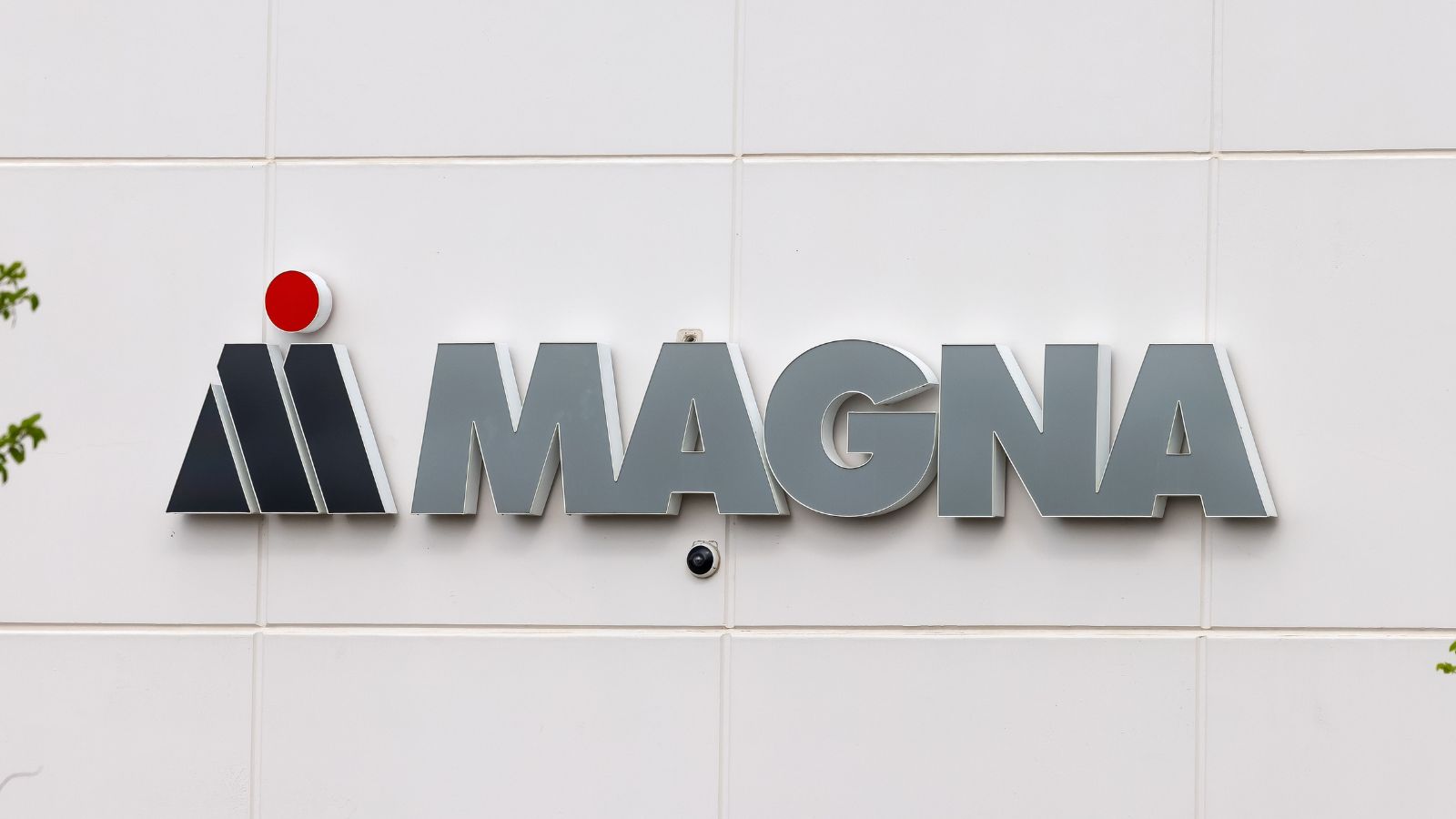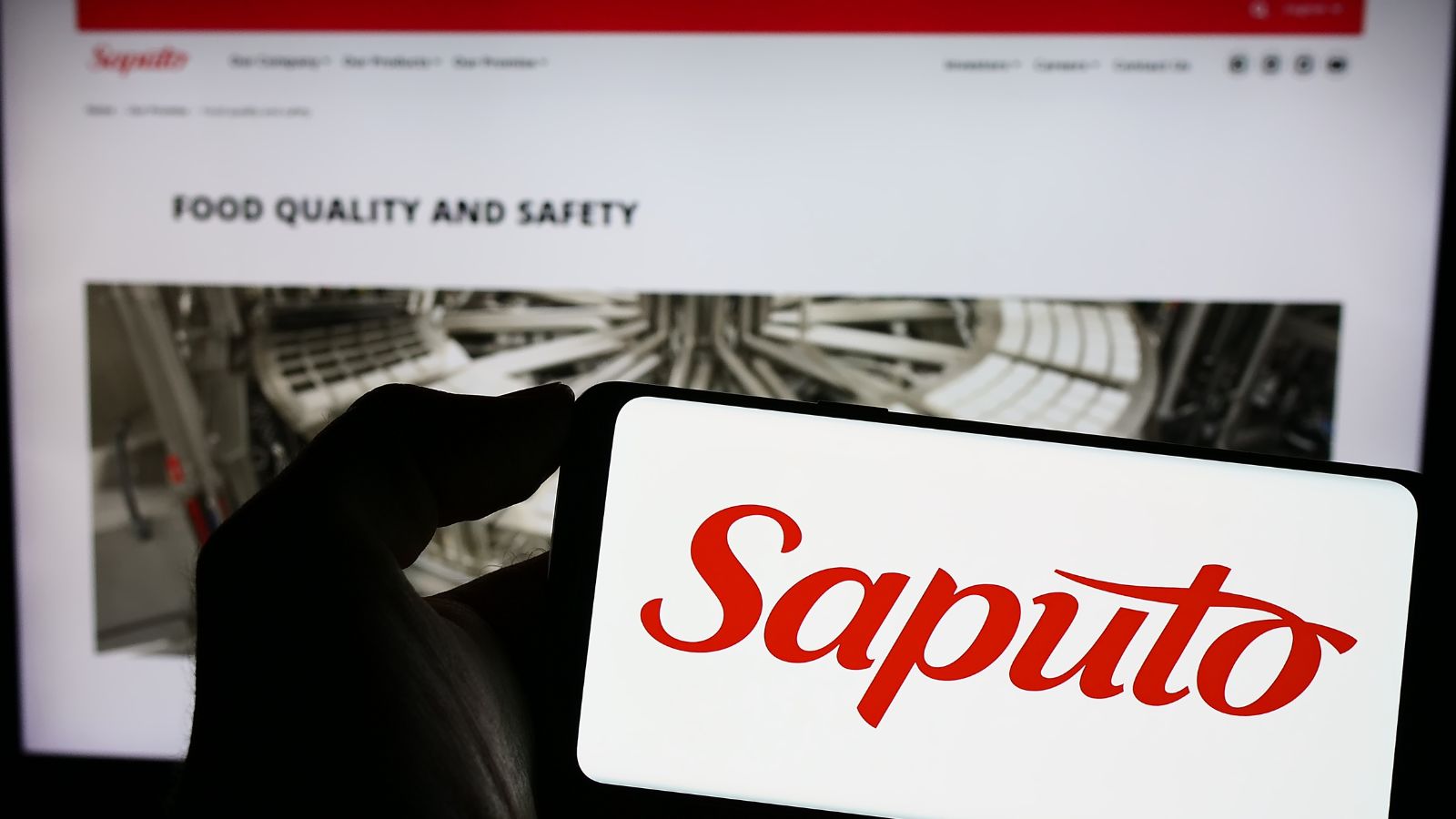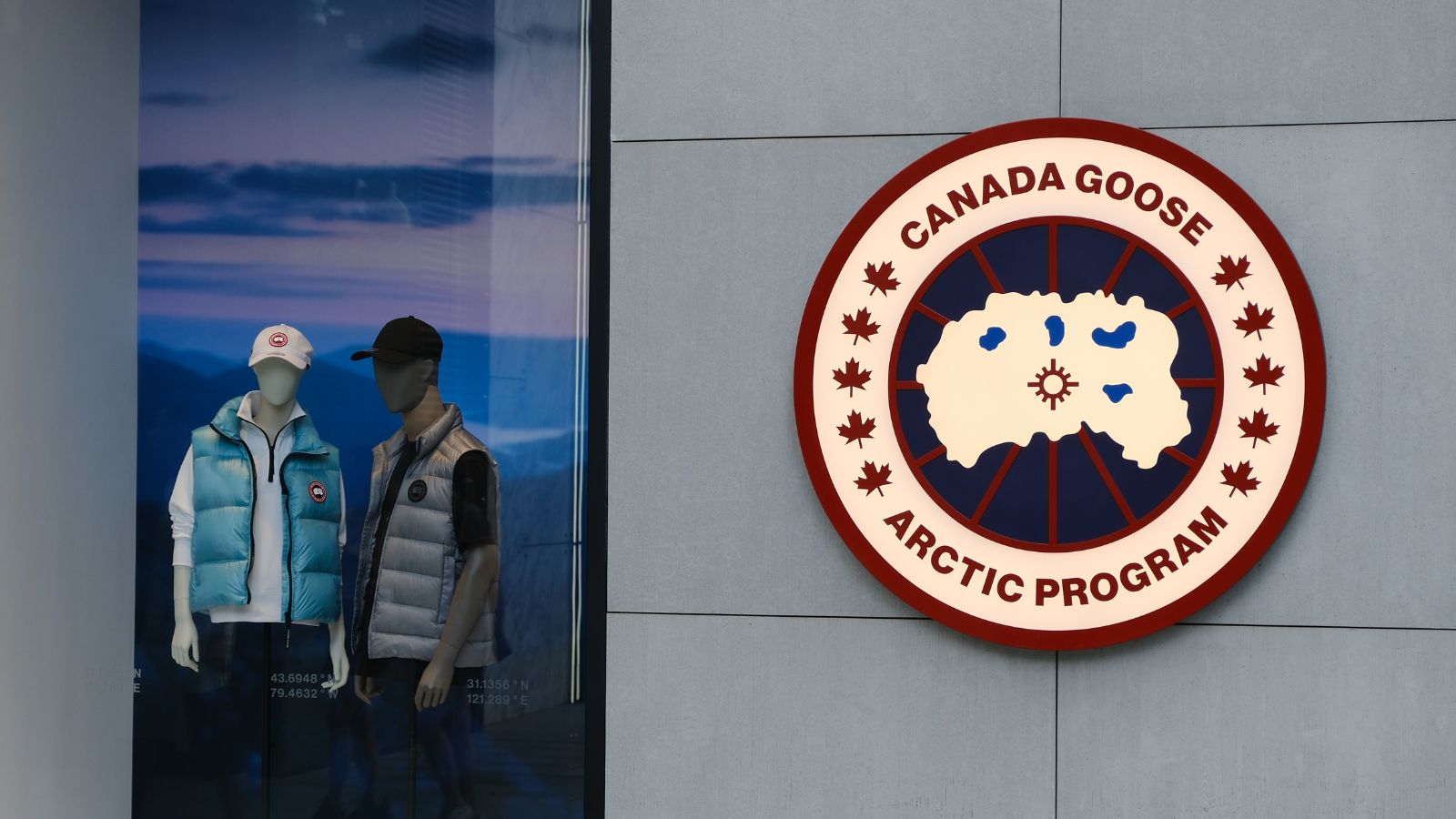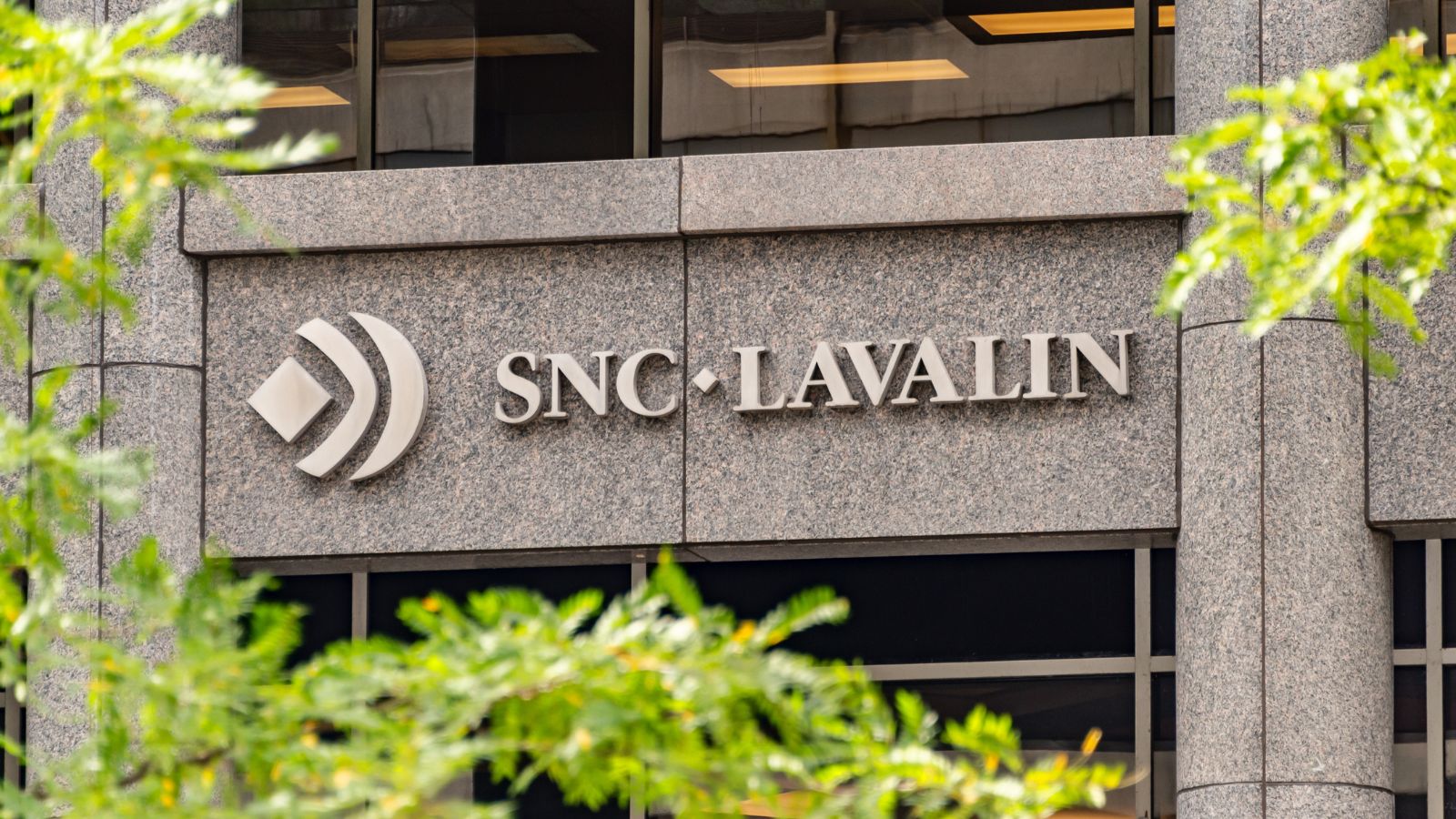Trade wars are never easy, and when the U.S. imposed tariffs on Canadian industries, many businesses found themselves at a crossroads. Would they succumb to the pressure, or would they find ways to pivot and thrive? The answer, as history has shown, is resilience.
Despite the economic hurdles, numerous Canadian companies have managed to survive and grow stronger. Proving that smart strategy, diversification, and innovation can outmaneuver the toughest trade restrictions.
Here’s a closer look at 25 companies that are standing tall against U.S. tariffs and shaping Canada’s economic future.
Magna International (Auto Parts & Engineering)

Magna, one of the world’s largest auto parts manufacturers, had every reason to worry when tariffs threatened the North American supply chain. But instead of relying on just one market, Magna expanded its operations across Mexico and Europe, reducing its dependence on the U.S. With a strong presence in over 28 countries, the company remains a key player in global automotive manufacturing.
Linamar Corporation (Precision Manufacturing & Auto)

Linamar, another giant in the auto-parts industry, didn’t just wait for tariffs to hurt its bottom line. It focused on high-value components like electric vehicle (EV) parts and diversified its product offerings. The company’s investments in robotics and automation helped it maintain efficiency and competitiveness.
Bombardier Inc. (Aerospace & Transportation)

When the U.S. slapped tariffs on Bombardier’s aircraft sales, it seemed like a major blow. However, the company responded by forming partnerships with Airbus and expanding its European operations. Today, Bombardier’s jets continue to soar, with a growing customer base beyond North America.
CAE Inc. (Aviation Training & Simulation)

CAE Inc., a trailblazer in aviation training and simulation, has expertly navigated U.S. tariff challenges by pivoting its strategy toward thriving international markets. The company expanded aggressively into Asia and Europe. CAE’s cutting-edge simulation technology and robust partnerships secure its global leadership.
Saputo Inc. (Dairy & Food Processing)

Dairy tariffs hit Canada hard. But Saputo, one of the country’s biggest dairy producers, fought back by buying U.S. dairy companies. The company secured its market foothold and diversified its portfolio by acquiring strategic U.S. dairy assets and expanding its processing capabilities. This smart move allowed Saputo to sidestep trade barriers and maintain its American market presence.
Maple Leaf Foods (Meat & Plant-Based Proteins)

Maple Leaf Foods countered U.S. tariff challenges by turning to Asia and Europe. The company also invested heavily in high-quality meat products and cutting-edge plant-based proteins. This gave Maple Leaf Foods a competitive edge locally and internationally.
Nutrien Ltd. (Fertilizer & Agriculture Solutions)

Nutrien, the world’s largest potash producer, didn’t sit back when U.S. tariffs targeted Canadian agricultural products. Instead, it expanded aggressively into Latin America and Asia, securing new trade relationships and keeping business booming. This strategic approach safeguarded revenue and enhanced its role as a vital provider of agricultural solutions worldwide.
Teck Resources (Mining & Metals)

The U.S. tariffs on steel and aluminum were meant to shake up the market, but Teck Resources responded by strengthening its foothold in Asia. With strong demand for zinc, copper, and steelmaking coal, the company successfully diverted exports to eager buyers beyond the U.S. This agile approach ensured steady growth while reinforcing Teck’s role as a global leader in mining and metals.
Canfor Corporation (Lumber & Forestry)

Softwood lumber tariffs were a direct hit to Canfor, but the company didn’t back down. It ramped up sales to China and Japan, where demand for high-quality wood remains strong. Canfor minimized the impact of U.S. trade restrictions by shifting focus to these markets. This offset tariff challenges and bolsters Canfor’s reputation as a resilient leader in the lumber and forestry industry worldwide.
West Fraser Timber Co. (Wood Products)

West Fraser took a different approach by investing in U.S.-based mills. This enabled the company to bypass trade barriers, maintain competitive production costs, and secure steady market access. This strategic move ensured continued market access without suffering heavy losses.
Shopify Inc. (E-Commerce Platform)

Tariffs or not, Shopify had already positioned itself as a global leader in e-commerce. Shopify minimizes reliance on any single country by providing businesses worldwide with powerful online tools. This strategic diversification allowed Shopify to sidestep U.S. trade policies and tariff challenges.
BlackBerry Ltd. (Cybersecurity & Software Solutions)

BlackBerry may not dominate smartphones anymore, but it found a second life in cybersecurity and enterprise software. BlackBerry secured global contracts by expanding into Europe, the Middle East, and Asia. This reduced dependency on U.S. business.
Lightspeed Commerce (Retail Tech & Payments)

Lightspeed Commerce has skillfully navigated U.S. trade challenges by expanding its global reach into Europe and Australia. The innovative retail tech platform empowers businesses with advanced payment solutions. The company ensured continued growth despite trade uncertainties by securing partnerships with international merchants. This solidifies Lightspeed’s reputation as a trusted partner in the retail landscape.
OpenText Corporation (Enterprise Software & Cloud Solutions)

OpenText, a leader in data management, took a strategic approach by expanding its European operations. The company also strengthened partnerships with Asian tech firms, ensuring that U.S. trade challenges had minimal impact on its bottom line.
Canada Goose Holdings (Luxury Outerwear)

Rather than lowering prices to offset tariffs, Canada Goose doubled down on its luxury branding. The company made up for any losses in the U.S. market by expanding in Asia and Europe.
Gildan Activewear (Apparel & Textiles)

When tariffs threatened clothing imports, Gildan responded by relocating production to countries with more favorable trade deals. This strategic shift helped the company stay competitive without raising prices.
Loblaw Companies (Grocery & Retail)

Loblaw increased its focus on local sourcing and in-house brands, reducing reliance on imported goods affected by tariffs. By doing so, it managed to keep prices stable while maintaining customer loyalty.
Brookfield Asset Management (Real Estate & Investments)

Brookfield took a diversified approach, investing in Asia, Europe, and Latin America to ensure its portfolio wasn’t overly dependent on North American markets. The company’s portfolio spans across real estate, infrastructure, and renewable energy sectors. Brookfield’s agile approach reaffirms the company’s position as a trusted, forward-thinking investment leader globally.
SNC-Lavalin (Engineering & Construction)

Instead of waiting for trade disputes to resolve, SNC-Lavalin secured major infrastructure projects outside of North America. The firm minimized risk and capitalized on infrastructure investments in emerging markets by shifting focus beyond North America. SNC’s proactive strategy highlights a commitment to innovative project delivery and sustainable growth in an evolving global economic landscape.
Element Fleet Management (Vehicle Leasing & Financing)

Element Fleet Management countered U.S. tariff challenges by diversifying leasing operations into emerging international markets. The firm ensured stable revenue growth and expanded its service portfolio by targeting corporate clients beyond North America. This tactic strengthened Element Fleet’s financial resilience while adapting to evolving trade dynamics.
Canadian Solar Inc. (Renewable Energy)

When U.S. tariffs targeted solar panels, Canadian Solar focused on the growing demand in Asia, Europe, and South America. Canadian Solar reinforced its resilience, maintaining steady growth despite evolving trade policies and economic uncertainties by diversifying market exposure. This pivot helped the company maintain strong revenue streams.
Ag Growth International (Agricultural Equipment & Storage)

With U.S. tariffs making trade unpredictable, Ag Growth ramped up exports to South America. The company expanded its footprint in agricultural equipment and storage solutions, ensuring steady growth amid evolving trade dynamics. This strategic diversification mitigated tariff impacts and reinforced Ag Growth International’s commitment to innovation and global market resilience.
Toromont Industries (Heavy Equipment & Industrial Services)

Toromont Industries smartly shifted focus amid U.S. tariff challenges by diversifying its heavy equipment and industrial services into Latin American and European markets. This strategic move broadened its customer base and reduced dependence on U.S. sales.
Canadian National Railway (Logistics & Transportation)

CN Railway strategically optimized its logistics operations to overcome U.S. trade challenges. The company reengineered cross-border transportation and enhanced domestic efficiency while fostering robust international supply chains. CN ensured seamless freight movement by investing in innovative rail technology and operational agility.
Canadian Pacific Kansas City (Rail & Freight Services)

Canadian Pacific Kansas City leveraged its merger synergies to create a streamlined trade corridor connecting Canada, the U.S., and Mexico. The company minimized tariff risks and maximized efficiency by optimizing rail and freight services. This solidifies Canadian Pacific’s leadership in the North American transportation sector.
Conclusion

The U.S. tariffs may have caused disruption, but these 25 Canadian companies have shown that adaptability, innovation, and global expansion can turn trade barriers into opportunities. Whether through diversification, technological advancements, or strategic acquisitions, they’ve proved that no challenge is too great for those willing to evolve.
25 Countries Predicted to Become Economic Superpowers in the Next 20 Years

The strength of an economy plays a crucial role in various international policies about trade and relations. Certain factors determine the strength of an economy, including population growth, availability of resources, and development and advancement. Here are 25 countries predicted to become economic superpowers in the next 20 years
25 Countries Predicted to Become Economic Superpowers in the Next 20 Years
